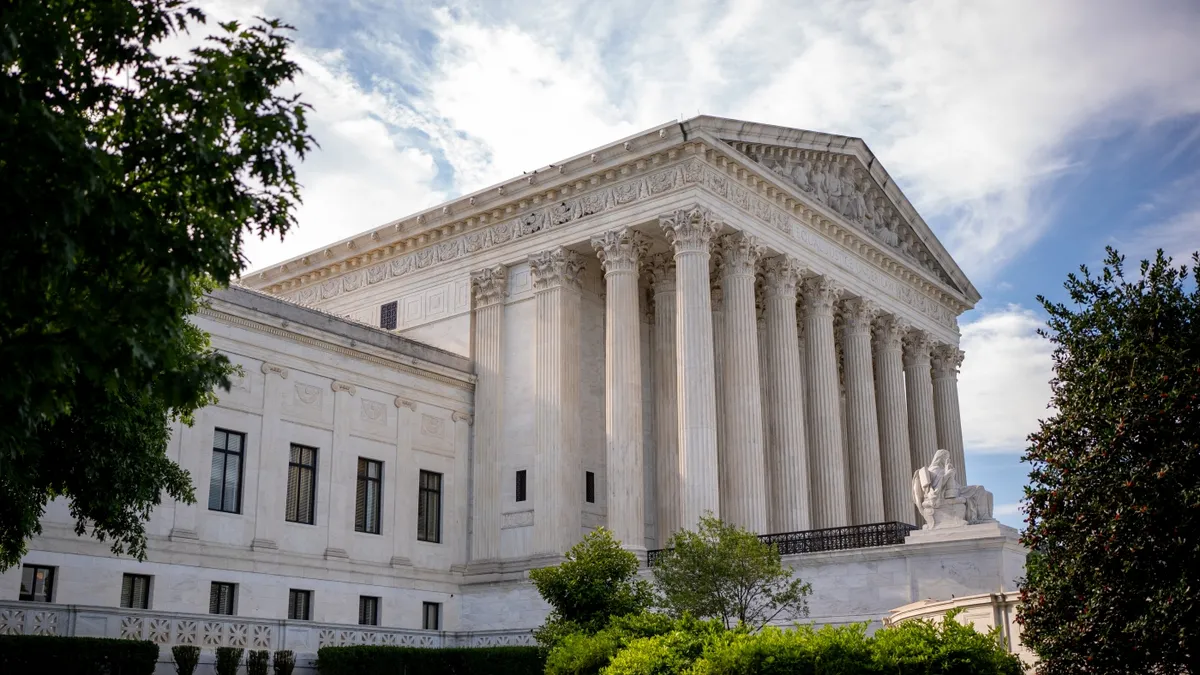
On Thursday, the Supreme Court issued a pivotal ruling, overturning a lower court's decision with a 5-4 vote. This ruling temporarily halts the ongoing disbursement of approximately $783 million in research grants by the National Institute of Health (NIH) for projects that the institute has ceased funding. The court's emergency docket order, however, maintained a separate lower court ruling that dismissed NIH memos which enforced the administration's policies.
In this contentious decision, Justice Amy Coney Barrett aligned with the court's conservative justices, excluding Chief Justice John Roberts, who sided with the three liberal justices. This division highlights the ideological rifts present in the current Supreme Court, particularly regarding issues of public funding and scientific research.
The NIH, recognized as the largest public funder of biomedical research globally, began a significant termination of federal grants earlier this year. These cuts primarily affected projects that did not align with the Trump administration's policies. Critics, including the ACLU, have labeled this action as an "ideological purge." Under the direction of Robert F. Kennedy Jr., the Secretary of Health and Human Services, a comprehensive re-evaluation of grants associated with DEI (Diversity, Equity, and Inclusion) and gender identity research was initiated. Moreover, funding was withdrawn from vital studies examining vaccine hesitancy and the impacts of the COVID-19 pandemic, which the NIH claims outlived their intended purpose.
NIH officials argue that research awards can be terminated if they do not align with the agency's objectives or policies, as outlined in the NIH's Notice of Award Stipulations. They draw parallels between this case and a previous Supreme Court decision, which permitted the Trump administration to freeze $65 million in Department of Education DEI-related grants while litigation was ongoing.
The decision to terminate research grants has faced significant backlash, leading to lawsuits from sixteen states, advocacy organizations, and researchers. They contend that the NIH's actions are unconstitutional. A federal district court judge, William Young, ruled that the terminations were made without reasoned decision-making and temporarily reinstated the grants after a bench trial. Judge Young's ruling criticized the NIH for undermining the historical norm of being a largely apolitical scientific research agency.
Despite the First Circuit Court of Appeals declining to intervene in the temporary reinstatement of grants, the Supreme Court's ruling on Thursday reversed this decision. Consequently, this allows the Trump administration to pause the distribution of grants to researchers while the legal battles continue in lower courts. This ongoing situation raises important questions about the intersection of politics, public funding, and scientific research.